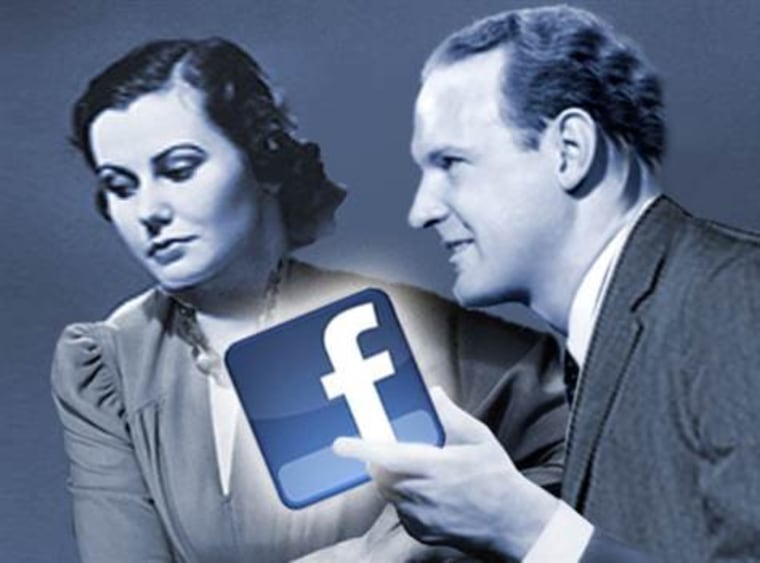Stay away from politics at the dinner table and on Facebook; that may be the takeaway from a new survey that shows 18 percent of social networking site users have blocked, unfriended, or hidden someone because they don't like their politics or how many posts they do about politics.
According to a new study from the Pew Research Center’s Internet & American Life Project,social networking users have taken those actions for at least one of these reasons:
- 10 percent because a person posted too frequently about political subjects.
- 9 percent because a person posted something about politics or issues that they disagreed with or found offensive.
- 8 percent because they argued about political issues on the site with the user or someone the user knows.
- 5 percent because a connection posted something about politics that the user worried would offend other friends.
- 4 percent because they disagreed with something the user posted about politics.
"At the other end of the scale," Pew said in the report, "Social networking sites and politics," 16 percent of social networking users have "friended or followed someone because that person shared the user’s political views."
But Facebook is called the social network, not the political one (even though it is increasingly used as that by some).
"Friends disagree with friends about political issues and usually let their disagreements pass without comment," Pew said.
Among users whose friends post political content, "25 percent always agree or mostly agree" with those postings; 73 percent "only sometimes" agree or "never agree," Pew said.
When they disagree with others’ posts, 66 percent say they just usually ignore the posts; 28 percent usually respond with comments or posts of their own; and 5 percent said "it depends on the circumstances."
Some users also are "surprised to learn the political leanings of their friends," finding they were different than imagined, Pew said; 38 percent "have discovered through a friend’s posts that his/her political beliefs were different than the user thought they were."
Pew's survey — released Monday as part of the South by Southwest social media conference in Austin — was done between Jan. 20 and Feb. 19 among 2,253 adults age 18 and over; it has a margin of error of plus or minus 2 percentage points.
The survey suggests, Pew said, that social networking users are "like other Americans in that many are not particularly passionate about politics. It also shows that many friendships are not centered on political discussion and that many networks are not built with ideological compatibility as a core organizing principle."
Related stories:
- Nerd king Joss Whedon loves you, too
- It's a black Twitterverse, white people only live in it
- Personalized search invades privacy: survey
Check out Technolog, Gadgetbox, Digital Life and In-Game on Facebook, and on Twitter, follow Suzanne Choney.
